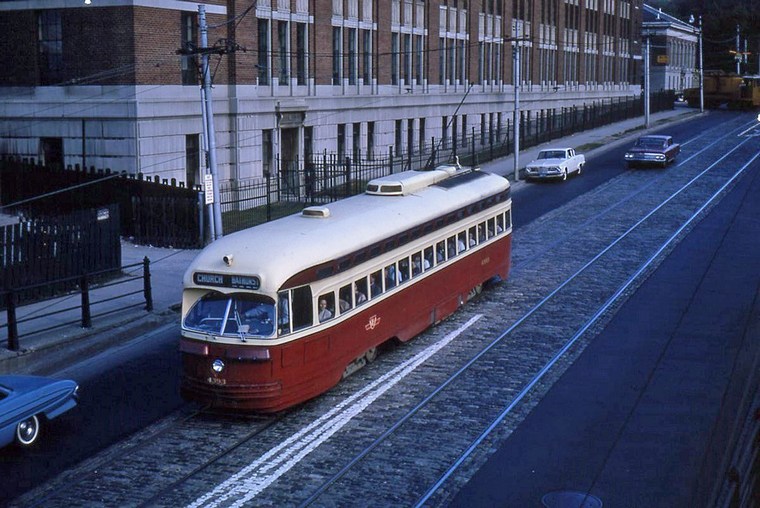Good evening,
I join my voice to and agree with those whose future vision includes cars.
There are some people who really wish cars would just disappear and refuse to accommodate them when imagining the future. Some even extend that dislike to any form of motorized transport, including public transit. This is sometimes the ascribed view of a minority of overzealous cyclists who, I think, exaggerate the utility and capability of bicycles. Of course, there is another opposing camp with antipodal views.
To those, I say: quick motorized transport is essential, and you will demand it every time you or a loved-one is feeling unwell and need to go to the nearest hospital quickly... every time someone needs your help in case of an emergency... every time you need to pick up or drop off someone... every time you like to go visit your parents somewhere remote... every time you move... every time a dress code is required and perspiration is an issue... every time you need to haul anything particularly heavy, unweildy, delicate, fragile, or weather-sensitive... every time you are obligated to be somewhere relatively far in a relatively short amount of time... every time you're just too tired to actively transport yourself... or every time you're just not in the mood for some nebulous but very human reason, just because...
I find mentions of bicycle efficiency a bit too technical. Yes, it's a wonderful machine and all, but we are not just physical, and our needs are sometimes more elaborate and organic. We and our needs can sometimes be too "messy" for the bicycle.
Elio Motors (perhaps an electric version), Lit Motors, Toyota iRoad, Nissan micromobility concept... all of these are viable solutions that do not weigh two tonnes.
I think the future should accommodate both active and passive forms of transportation. Simply give preference to active transportation unless your trip is beyond its capability, at which point you elect the car, modulo public transit.
Such an unnecessary polarity. Why do I always have to be with one side or the other? Why should I buy into an ideology that restricts me to a specific belief?
Apologies if I offended anyone. I am willing to change my opinion.





